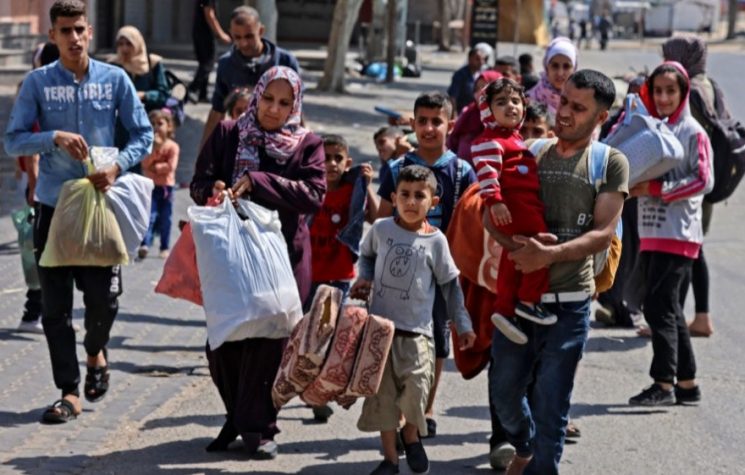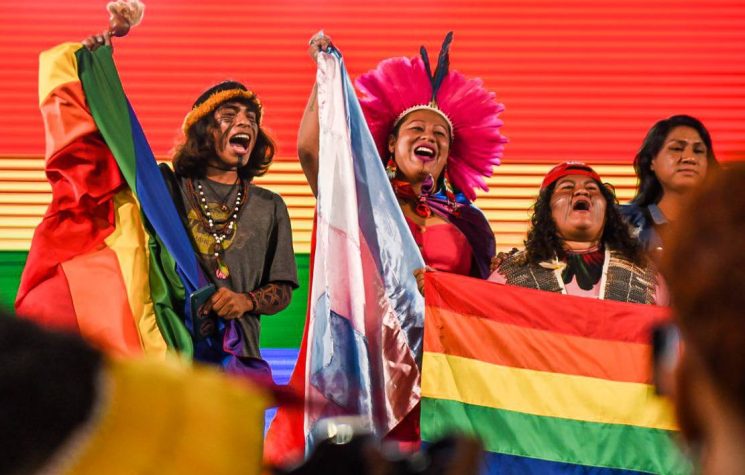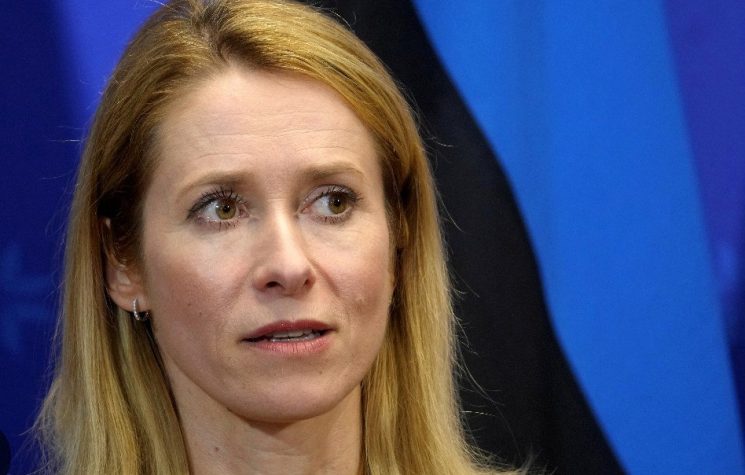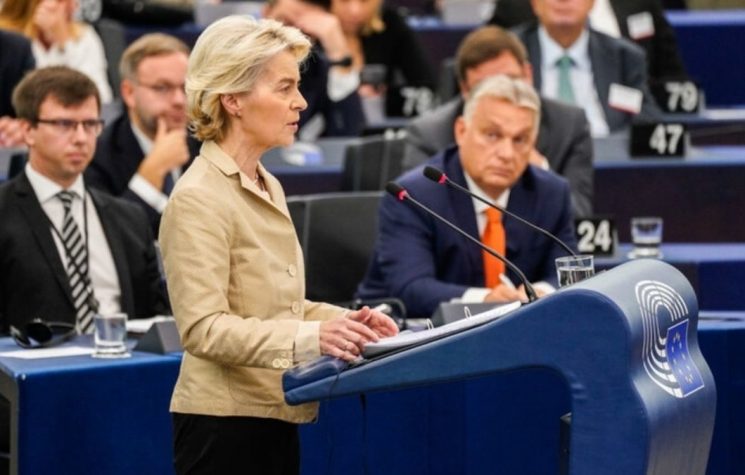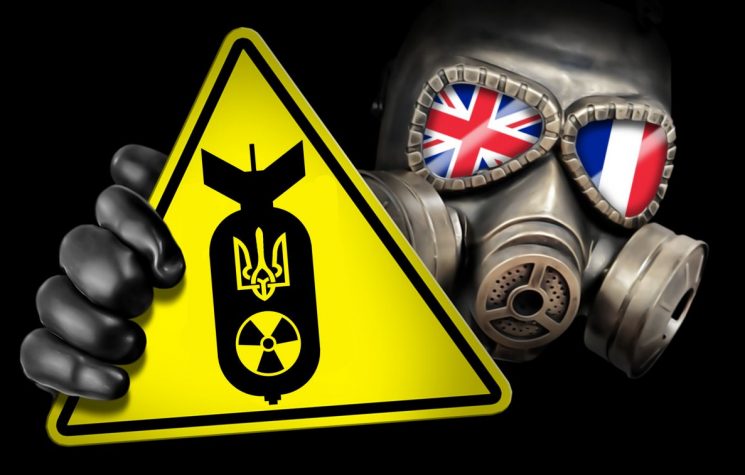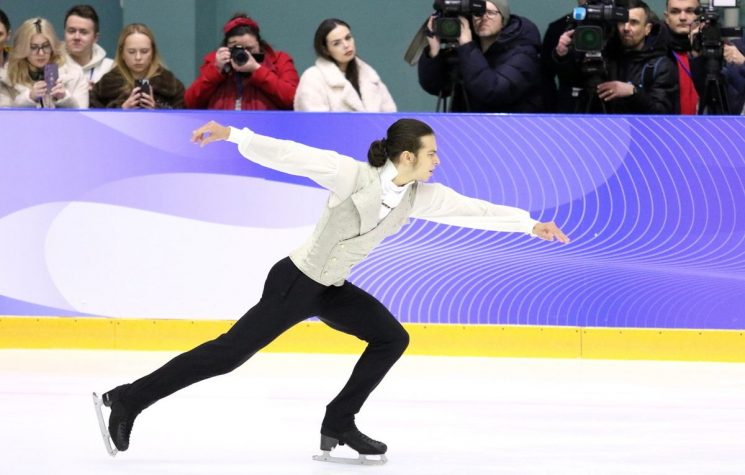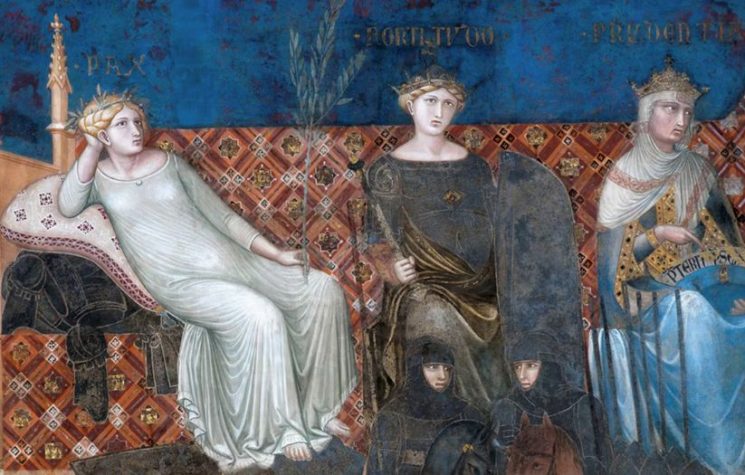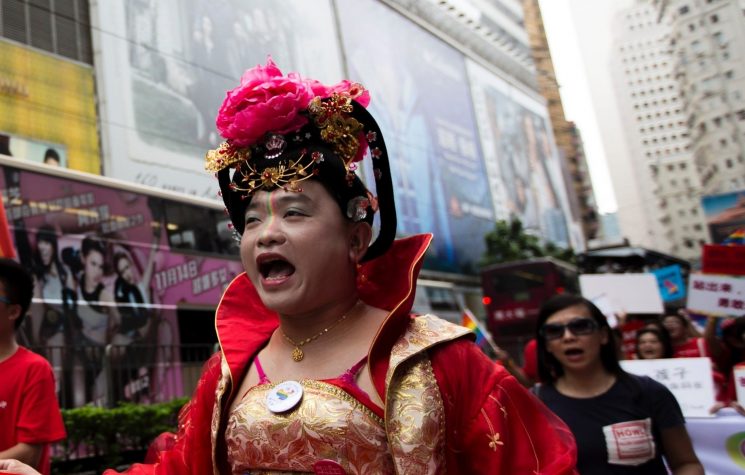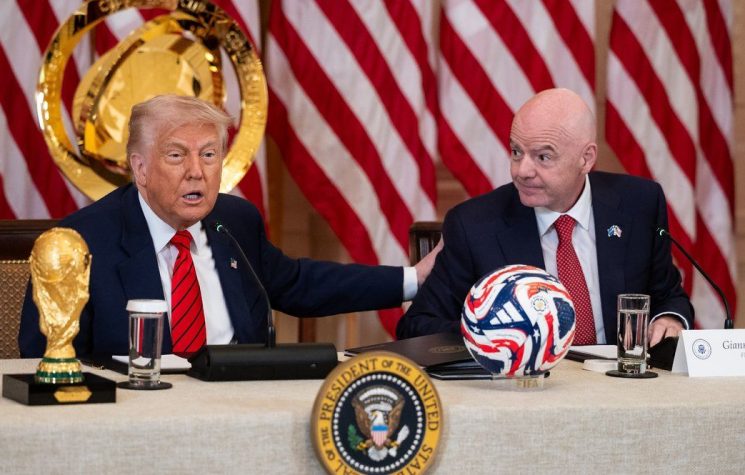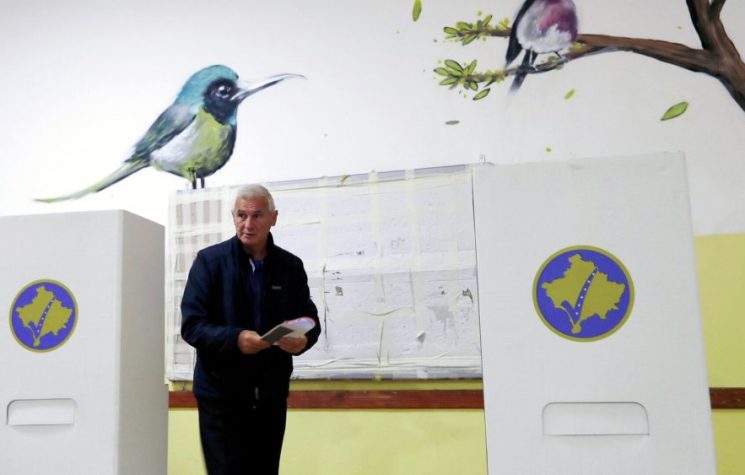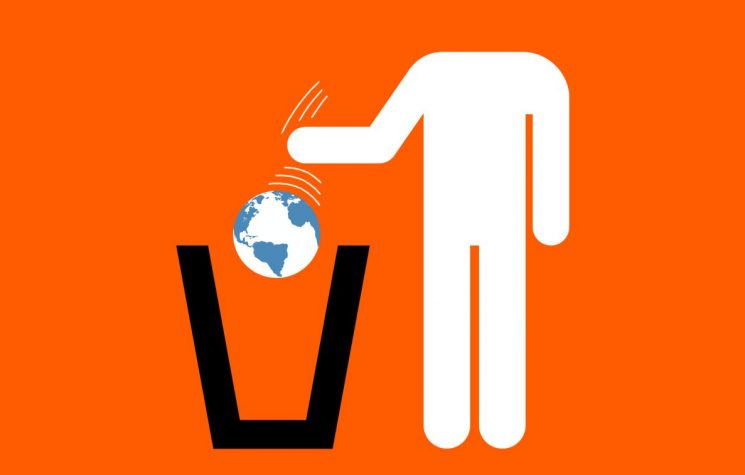No wonder Russia is promoting an alternative, Ian Proud writes.
Contact us: info@strategic-culture.su
As voices are raised to ban Israel from Eurovision, the song contest takes another step towards irrelevance. Little wonder Russia is reviving Intervision.
Austria’s newly crowned Eurovision winner JJ, from Austria, has come out to call for Israel to be banned from the song contest in future, after their act almost won this year. Seventy two former Eurovision contestants have also called for a ban, including Mae Muller, the UK’s woke entrant from 2023 who finished second from last. Spain’s Prime Minister Pedro Sánchez has also joined the chorus.
I have much sympathy with the ‘let’s ban Israel’ sentiment, as I have spoken out against the Netanyahu government’s war crimes in Gaza and its breach of international law in the West Bank. However, banning another country from competing in Eurovision simply confirms the competition’s increasing irrelevance.
The contest started from humble origins in 1956, following an Italian suggestion, to promote cooperation between European television broadcasters. A song contest was also in tune with the sentiment of fostering cross-border cultural collaboration, including with Germany, to move on from the horrors of World War II. It has always been a non-political organisation as the contests constitution makes clear.
That said, Eurovision has often been accused of politicisation to some extent including, in its early years, the use of bloc voting. When I was growing up in the 1970s British viewers joked that Germany always gave Israel top marks, as part of their post-World War II guilt complex. Or that Greece always voted for Cyprus and never voted for Turkey. Yet, somehow, through the fog of petty politics, the best songs seemed to win anyway.
But first and foremost, Eurovision is and remains in the most part, an entertainment spectacle with a quirky and diverse range of acts. Some countries peddle uber traditional songs in the native language, while other go for the purely zany. Who could ever forget the Buranovskiye Babushki in 2012, the Russian troupe of grannies from Udmurtia who swept to second place in Baku? Or, for wholly different reasons, the Polish milkmaids of 2014?
People who take Eurovision too seriously, are somehow missing the point. It is a song contest that allows countries to set aside their rivalries for just one night and celebrate the togetherness of humanity. It’s the crazy mix of styles, languages and cultures which made Eurovision such a spectacle for a long time, with the singing, in some respects, a secondary consideration. Even if the wacky acts don’t win, we still enjoy them.
Yet I fear that Eurovision has increasingly become a circus of wokeness, where countries aligned with so-called western values push their political and/or sexual based agendas.
Now, the contest appears designed to peddle LTBTQetc.etc. rights and can more often than not, certainly in the UK BBC broadcast, appear like a gay pride event. When Olly Alexander, the UK entrant, from 2024 said he was going to do the ‘gayest song ever’ he was right; his staging appeared like a neon dramatization of cottaging in public toilets. He received no public votes. I think he’s a fabulous artist and love many of Years and Years’ biggest hits. Don’t misunderstand me; I have gay friends, said awkwardly, as if flinching for the negative response. But please just focus on the singing!
When Conchita Wurst won in 2014, the victory of a bearded Austrian man in a dress appeared to be more of a protest vote against Russia’s position on gay rights. Likewise, Switzerland’s Nemo who won in 2023 with a song all about his/their/its journey as a non-binary human, received only the fifth highest public vote, but the European national ‘judges’ overwhelmingly voted in favour. The BBC commentators last year joyfully introduced the artist Saba as Denmark’s first ever brown queer contestant; the song was crap. Hungary allegedly pulled out of Eurovision in 2019 because it had become too gay. Likewise, Turkey – which won the contest in 2003 – hasn’t competed since 2012 because of cultural concerns.
Eurovision these days always seems to be promoting an agenda. The ‘expert judges’ seemed to have pre-ordained that Swedish act Loreen should win in 2023, because they wanted a woman to have won the contest twice. The artist, who spends much of her time doing ‘political activisim’ (i.e. lecturing other countries on how to live their lives) miraculously won with a monochrome and unexceptional dance track. The public vote overwhelmingly went to the Finnish number about a bloke in fluorescent green getting drunk on pina coladas at nightclubs. I loved Loreen’s winning track – Euphoria – from 2011, though.
The ESC brands itself as a ‘joyful, non-political event dedicated to celebrating music and culture,’ and yet it unwittingly allows political messaging all the time. Ukraine won in 2016 with the song 1944, about the forcible deportation of Crimean Tatars under Stalin’s regime. Excuses were made.
Inevitably, public voters have picked certain acts out of political sentiment. Ukraine won in 2022 following a huge groundswell in public votes for Kaluch Orchestra, undoubtedly linked to the war in their country. Israel received the highest public vote this year and came close to winning it, driven undoubtedly by Jewish communities across Europe who mobilised to vote in the face of pro-Palestinian protests. I happened to like this year’s song by Israel, disliked Ukraine’s winner from 2022, but everyone has different tastes.
I have never agreed with the banning of Russia from Eurovision and have spoken out against that several times. I believe that when global disagreements are so inflamed that western nations sanction singing, then there is a much bigger problem to deal with. I feel the same way about Israel’s participation. For as much as I abhor Netanyahu’s actions, I can’t see what sanctioning a country of 9.4 million people serves.
I’d far sooner the international community put so much pressure on Israel’s government that it ceased it’s genocidal activities. Cutting Israel out of a singing contest seems like the most pointless demonstration of virtue signalling.
Despite all this, I still enjoy watching Eurovision with my family. Yet I worry that it will continue to slide into irrelevance as it veers ever more sharply towards cancel culture and a celebration of the woke that’s a turn off to viewers and participating countries alike. Little wonder that Russia is introducing the Soviet-era Intervision contest. Let’s hope that celebrates diversity in its most literal and wholesome sense; diverse countries, languages and cultures, and leaves the drag queens and true-believing liberal activists outside.










